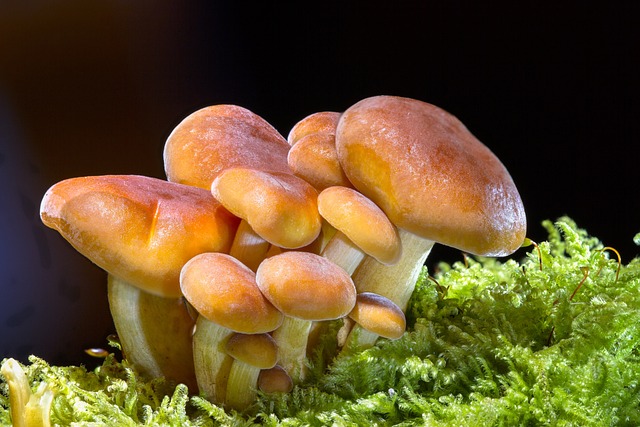(‘Probiotics vs. Prebiotics: Understanding the Difference’)
When it comes to maintaining a healthy gut, you may have come across the terms probiotics and prebiotics. These two have gained popularity in recent years due to their positive impact on digestive health and overall well-being. However, many people are confused about the difference between them. In this article, we’ll dive into the world of probiotics and prebiotics, exploring their definitions, functions, and benefits.
(‘Probiotics’)
Probiotics are live microorganisms, typically bacteria or yeasts, that offer numerous health benefits when consumed in adequate amounts. These beneficial bacteria reside primarily in the gastrointestinal tract and play a crucial role in maintaining a healthy balance of microorganisms in the gut.
(How can you get Probiotics?)
You can obtain probiotics through certain foods, beverages, or dietary supplements. Fermented foods such as yogurt, kefir, sauerkraut, and kimchi are excellent sources of probiotics. These products undergo a fermentation process that promotes the growth of beneficial bacteria. Additionally, there are numerous probiotic supplements available on the market, offering a convenient way to increase your probiotic intake.
(What do Probiotics do?)
Probiotics offer several health benefits. They help improve digestion by aiding in the breakdown and absorption of nutrients. Additionally, probiotics promote a balanced gut microbiome, which is crucial for overall health and immune function. Some specific benefits of probiotics include:
- Enhanced immune function
- Reduced diarrhea and digestive disorders
- Improved mental health and mood
- Enhanced skin health
- Prevention of urinary tract infections
(‘Prebiotics’)
While probiotics refer to the live microorganisms themselves, prebiotics are a type of dietary fiber that serves as food for these beneficial bacteria. In simpler terms, prebiotics act as fuel to nourish the probiotics in your gut. Prebiotics cannot be digested by the human body but are instead fermented by gut bacteria.
(Where can you find Prebiotics?)
Prebiotics are naturally present in various foods, including:
- Garlic and onions
- Bananas
- Asparagus
- Artichokes
- Whole grains
- Legumes
(What do Prebiotics do?)
Prebiotics provide several benefits to the gut and overall health. By acting as a food source for probiotics, they help support their growth and function. Some specific benefits of prebiotics include:
- Improved digestion and nutrient absorption
- Reduced inflammation in the gut
- Promotion of healthy bowel movements
- Enhanced calcium absorption
- Lowered risk of certain diseases, including heart disease and colorectal cancer
(‘The Synergistic Relationship’)
Probiotics and prebiotics work together synergistically to maintain a harmonious gut environment. While probiotics introduce beneficial bacteria, prebiotics act as their nourishment, ensuring their survival and multiplication. This synergistic relationship enhances the effectiveness of both, promoting a healthier gut microbiome.
(‘Conclusion’)
Understanding the difference between probiotics and prebiotics is essential for maintaining gut health. While probiotics are live microorganisms that provide numerous health benefits, prebiotics are dietary fibers that act as a food source for these probiotics. Incorporating both probiotic-rich foods and prebiotic-containing foods into your diet can help support a well-balanced gut microbiome and improve overall health.
So, next time you’re shopping for groceries, consider adding probiotic-rich foods like yogurt and kefir along with prebiotic sources like garlic and bananas to your







